Table of Contents
- What Are Garlic Granules? (Quick Answer)
- What Exactly Are Garlic Granules Made From?
- Garlic Granules vs Powder vs Fresh: Clear Differences
- Why Garlic Granules Beat Fresh Garlic for Most Home Cooking
- Simple Ways to Use Garlic Granules Properly
- Easy Recipes That Work Perfectly With Granules
- How to Store Garlic Granules So They Last Longer
- Garlic Granules Myths Busted: What Really Works
- Frequently Asked Questions
What Are Garlic Granules? (Quick Answer)
Garlic granules are small, dry pieces of dehydrated garlic that sit between garlic powder and garlic flakes in texture. They're perfect for home cooking because they dissolve slowly in dishes, giving consistent flavor without burning like fresh garlic often does. Just 1/2 teaspoon of garlic granules equals one fresh garlic clove, making them ideal for beginners who struggle with inconsistent garlic measurements.
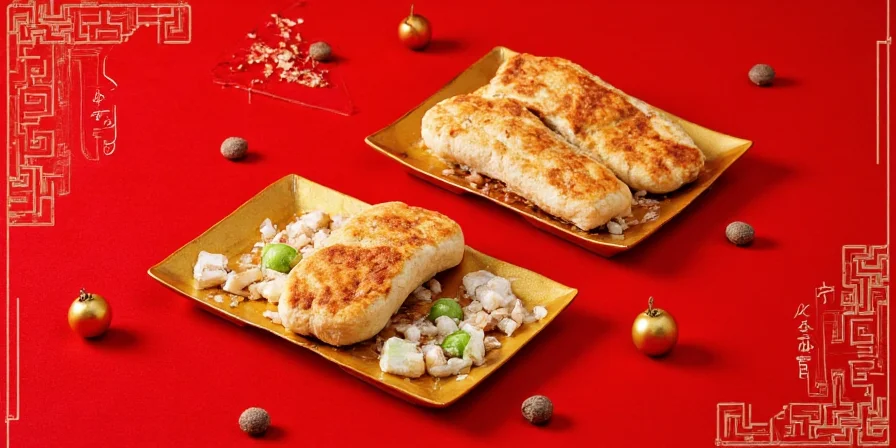
If you've ever burned fresh garlic or wondered how much powder to use as a substitute, garlic granules solve these problems. They work great in soups, sauces, marinades, and dry rubs - and they last much longer than fresh garlic in your pantry.
What Exactly Are Garlic Granules Made From?
Glad you asked! Garlic granules start as fresh garlic that's peeled, sliced, and carefully dehydrated. The key difference from garlic powder is the size - granules are about the size of coarse sand (0.5-1.2mm), while powder is like fine dust. This size difference makes all the practical difference in your cooking.

Unlike some cheap garlic products made from scraps, quality garlic granules come from specific garlic varieties processed soon after harvest. This preserves more flavor and nutrients than you'd get from older garlic sitting in the grocery store.
| Garlic Type | Best For | Shelf Life | Flavor Strength | 1:1 Substitute for Fresh? |
|---|---|---|---|---|
| Fresh Garlic | Raw applications, quick sautés | 2-3 weeks | Strong, sharp | Yes (1 clove) |
| Garlic Granules | Soups, sauces, roasts, slow cooking | 2-3 years | Moderate, consistent | Yes (1/2 tsp = 1 clove) |
| Garlic Powder | Dry rubs, seasoning blends | 2-3 years | Strong, immediate | No (1/4 tsp = 1 clove) |
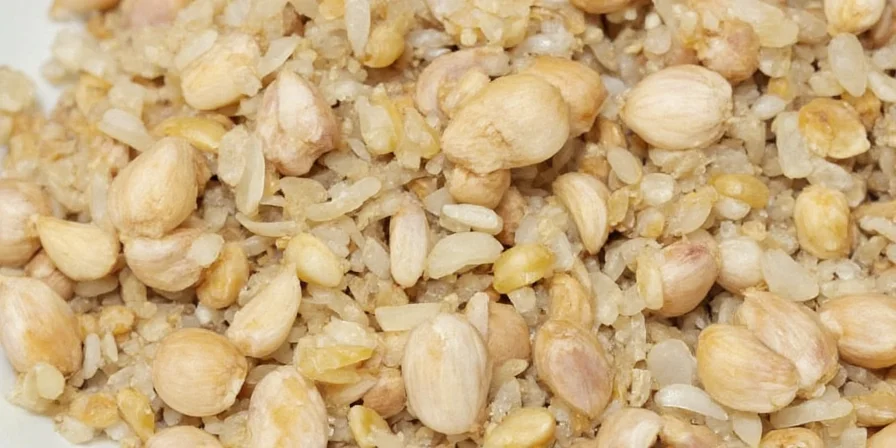
Garlic Granules vs Powder vs Fresh: Clear Differences
You've probably wondered: What's the real difference between these three forms? Here's what matters for your cooking:
- Garlic granules dissolve gradually, giving steady flavor throughout cooking without burning. Perfect for dishes that cook more than 10 minutes.
- Garlic powder is super fine and dissolves instantly - great for dry rubs but burns easily in liquids.
- Fresh garlic has amazing flavor but varies wildly in strength and burns if you're not careful.
Most home cooks don't realize that garlic granules actually give more consistent results than fresh garlic. Since fresh garlic potency changes based on harvest time and storage, you might get mild garlic one week and overpowering garlic the next. Granules solve this problem completely.
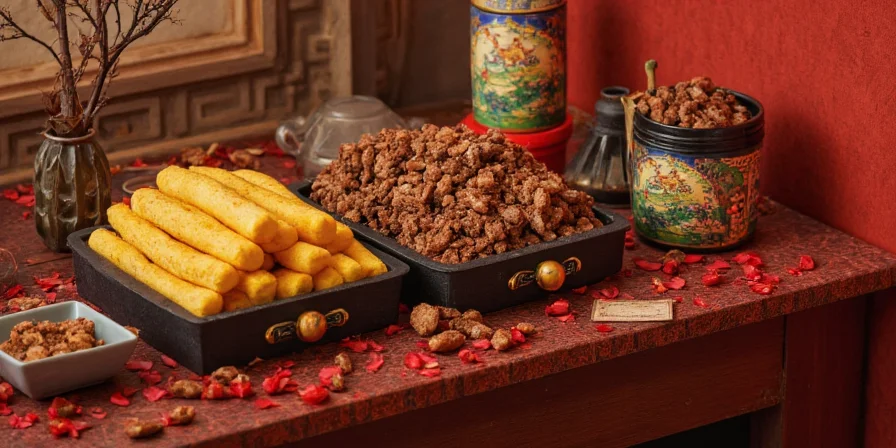
Why Garlic Granules Beat Fresh Garlic for Most Home Cooking
Garlic granules solve five common kitchen problems that frustrate home cooks:
- No more burning: Granules don't burn as easily as fresh garlic when sautéing, so your dishes never get that bitter garlic taste.
- Perfect measurements every time: 1/2 teaspoon granules always equals one garlic clove - no guessing if your fresh garlic is small or large.
- No prep work: Skip peeling and chopping - just measure and add to your dish.
- Lasts longer: While fresh garlic spoils in weeks, garlic granules keep flavor for 2-3 years in your pantry.
- Better flavor in slow cooking: Granules release flavor gradually during long cooking times, while fresh garlic flavor fades quickly.
Professional chefs actually use garlic granules more than you'd think - especially for batch cooking where consistency matters. Now you can get those same results at home without special skills.
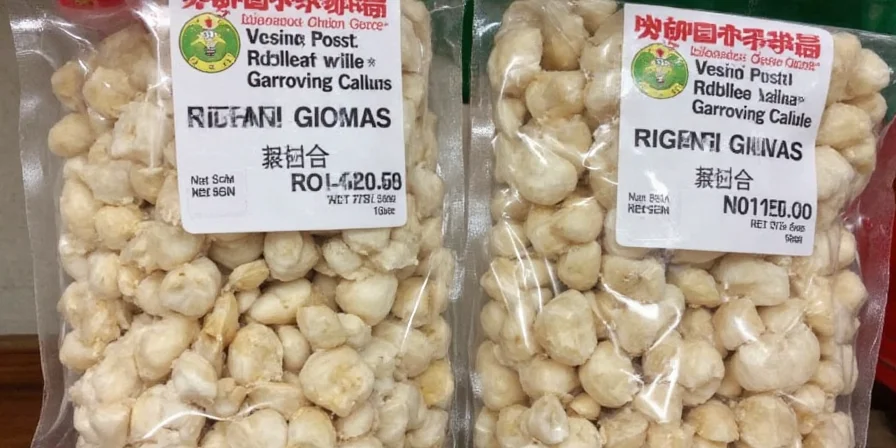
Simple Ways to Use Garlic Granules Properly
Follow these easy techniques to get the best results with garlic granules:
- For sauces and soups: Add granules when you add liquids - they'll dissolve perfectly during cooking.
- For roasts and baked dishes: Mix with oil and rub directly on meat or vegetables before cooking.
- For stir-fries: Add granules after your protein is nearly done cooking to prevent burning.
- For salad dressings: Mix granules with vinegar first to help them dissolve in cold dressings.
- For garlic bread: Combine with softened butter and spread on bread before toasting.
Remember: 1/2 teaspoon garlic granules = 1 fresh garlic clove. Start with this ratio and adjust to your taste.
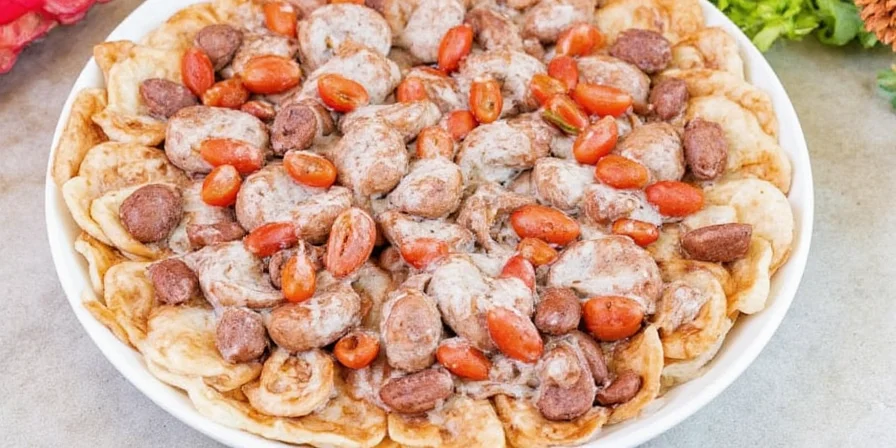
Easy Recipes That Work Perfectly With Granules
Try these simple recipes that showcase garlic granules' advantages:
- Perfect Pasta Sauce: Add 1 teaspoon garlic granules to your tomato sauce instead of fresh garlic - no burning, consistent flavor every time.
- Easiest Roast Chicken: Rub chicken with 2 teaspoons garlic granules mixed with olive oil before roasting - gets crispy without burning.
- No-Chop Salad Dressing: Whisk 1/2 teaspoon garlic granules with vinegar, oil, and mustard for instant flavor without garlic chunks.
- Consistent Meat Marinade: Mix 1 tablespoon garlic granules with your favorite marinade ingredients for even flavor penetration.
- Garlic Butter for Bread: Blend 1 teaspoon garlic granules with 1/2 cup softened butter and spread on bread before toasting.
These recipes work reliably because garlic granules eliminate the guesswork of fresh garlic. No more wondering if you used too much or too little!

How to Store Garlic Granules So They Last Longer
Keep your garlic granules tasting fresh with these simple storage tips:
- Air-tight container: Store in a container with a tight lid to keep out moisture.
- Cool, dark place: Keep away from heat and sunlight (not above your stove).
- No refrigerator: Moisture from the fridge can cause clumping.
- Check expiration: Quality starts declining after 2 years (check package date).
Pro tip: If your granules have lost flavor, they're still safe to eat but won't taste as strong. For best results, replace after 2 years for strongest garlic flavor.

Garlic Granules Myths Busted: What Really Works
Let's clear up common misconceptions about garlic granules:
- Myth: "Garlic granules aren't as healthy as fresh garlic."
Fact: Dehydration concentrates some beneficial compounds. While fresh garlic has more allicin (which disappears quickly), granules contain stable compounds that last through cooking. - Myth: "All garlic products taste the same."
Fact: Quality varies widely. Look for granules made from fresh garlic (not scraps) with consistent size for best results. - Myth: "Garlic granules make everything taste artificial."
Fact: When used properly, they create natural, balanced garlic flavor without the sharp bite of raw garlic or burnt taste of overcooked fresh garlic. - Myth: "You can't use garlic granules in raw dishes."
Fact: Soak granules in a small amount of warm water for 5 minutes first, then add to dressings or dips for perfect raw garlic flavor without chunks.

Frequently Asked Questions
How much garlic granules equal one fresh garlic clove?
Use 1/2 teaspoon garlic granules for every fresh garlic clove. This ratio works for most recipes. For stronger garlic flavor, you can increase to 3/4 teaspoon, but 1/2 teaspoon is the standard substitution that gives consistent results.
Why does my garlic taste different when I use granules?
Garlic granules have a milder, more consistent flavor than fresh garlic, which varies based on harvest time and storage. Granules release flavor gradually during cooking, while fresh garlic can burn easily. This often results in more balanced garlic flavor throughout your dish.
Can I use garlic granules instead of garlic powder?
Yes, but use 50% more granules than powder. Since granules are larger, they contain more air space. For example, if a recipe calls for 1 teaspoon garlic powder, use 1.5 teaspoons garlic granules for equivalent flavor.
Do garlic granules go bad?
Garlic granules don't spoil but lose flavor over time. Properly stored in an air-tight container away from light and heat, they maintain good flavor for 2-3 years. After that, they're still safe to eat but won't taste as strong. If they develop an off smell or taste, it's time to replace them.

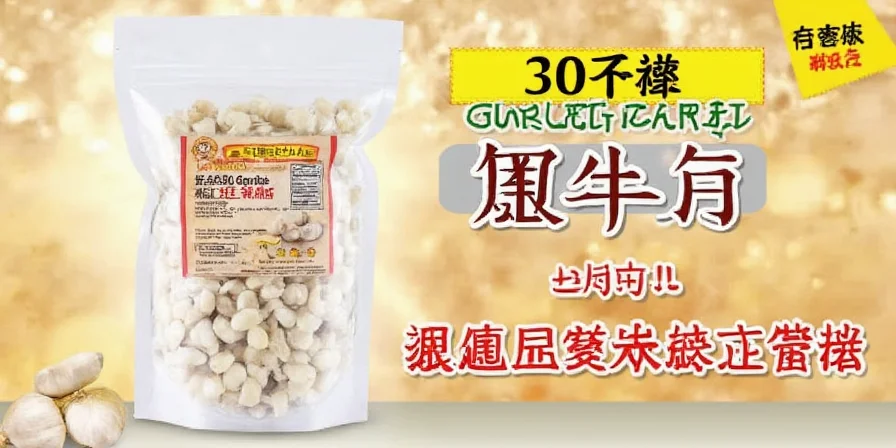









 浙公网安备
33010002000092号
浙公网安备
33010002000092号 浙B2-20120091-4
浙B2-20120091-4